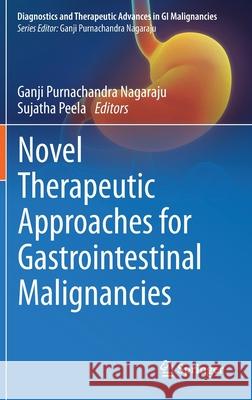Novel Therapeutic Approaches for Gastrointestinal Malignancies » książka
topmenu
Novel Therapeutic Approaches for Gastrointestinal Malignancies
ISBN-13: 9789811554704 / Angielski / Twarda / 2020 / 259 str.
Novel Therapeutic Approaches for Gastrointestinal Malignancies
ISBN-13: 9789811554704 / Angielski / Twarda / 2020 / 259 str.
cena 402,53
(netto: 383,36 VAT: 5%)
Najniższa cena z 30 dni: 385,52
(netto: 383,36 VAT: 5%)
Najniższa cena z 30 dni: 385,52
Termin realizacji zamówienia:
ok. 22 dni roboczych.
ok. 22 dni roboczych.
Darmowa dostawa!
Kategorie BISAC:
Wydawca:
Springer
Seria wydawnicza:
Język:
Angielski
ISBN-13:
9789811554704
Rok wydania:
2020
Wydanie:
2020
Numer serii:
001053029
Ilość stron:
259
Waga:
0.55 kg
Wymiary:
23.39 x 15.6 x 1.6
Oprawa:
Twarda
Wolumenów:
01
Dodatkowe informacje:
Wydanie ilustrowane











